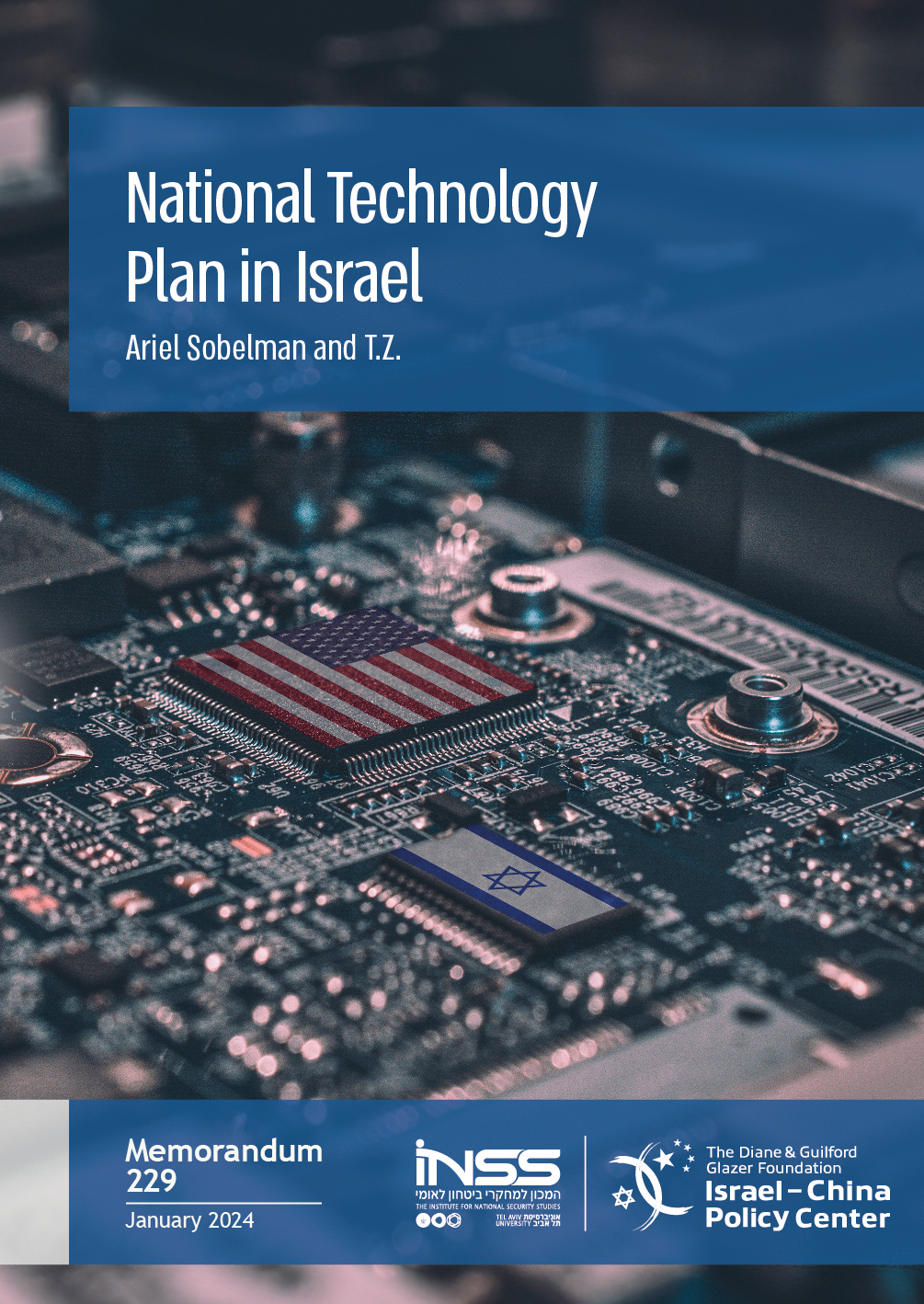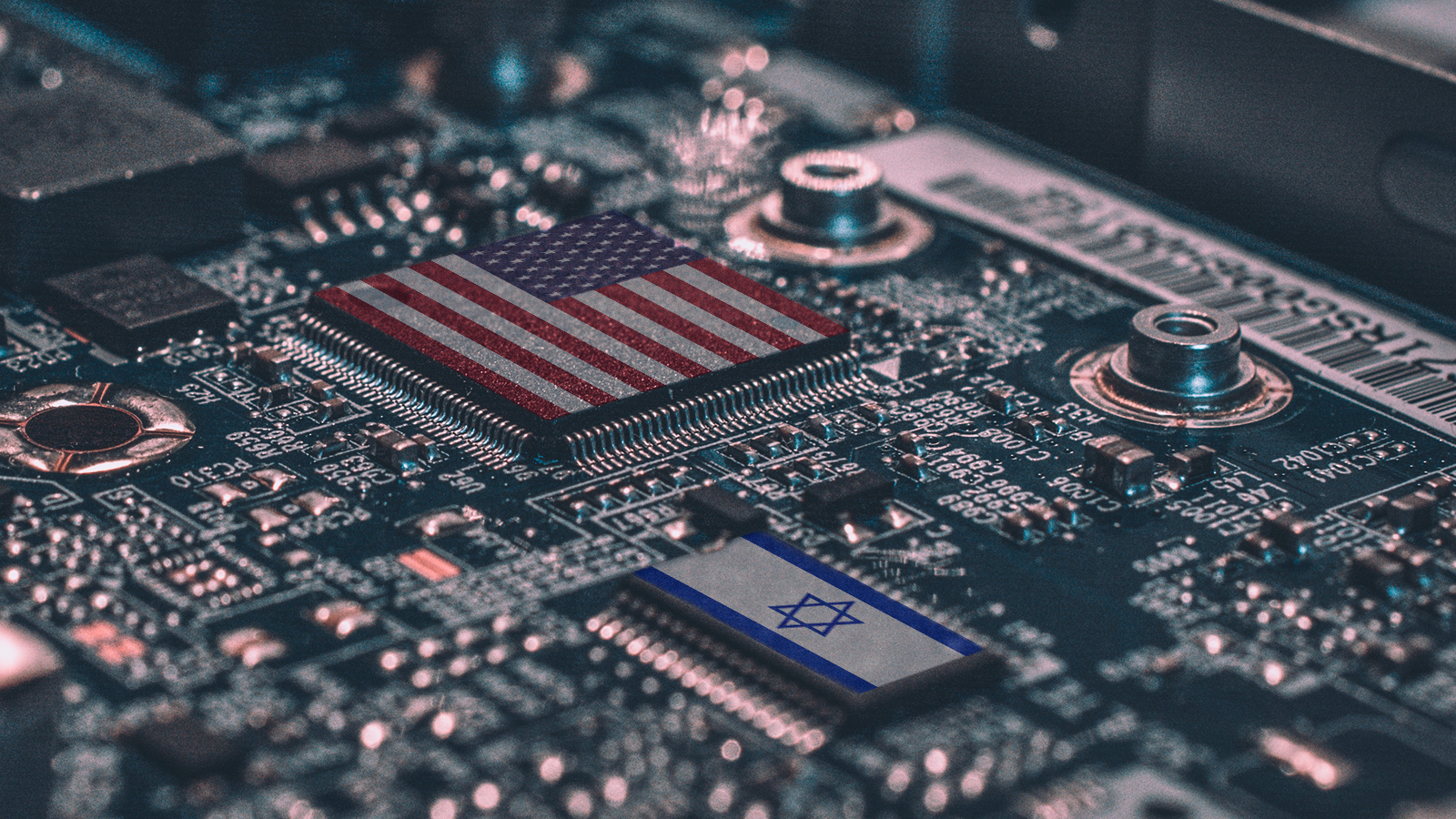Publications
Memorandum 229, January 2024

In recent years the technological struggle between the United States and China has intensified. Washington has increased its efforts to deny Beijing access to advanced technologies and has announced huge investments to accelerate technological research and development, in order to secure its status as the world’s strongest economic power. At the same, time, the United States is demanding that its partners join the fight and adopt a policy of restricting China’s research, development, and manufacturing capabilities in the field of advanced chips. Investment in technological research, development, and manufacture is a vital component and a relative advantage that Israel enjoys, but this is only a partial solution to the problem. Israel needs a national plan to cover all aspects of the development, manufacturing, and trade in chips. This memorandum presents alternative technological policies for Israel and calls for a discussion, as soon as possible, on national technological strategy.
Click here to download the full Memorandum
market forces alone are insufficient for ensuring Israel’s standing as a hightech power over time; therefore, it is desirable and recommended to examine current government policy on the issue...



